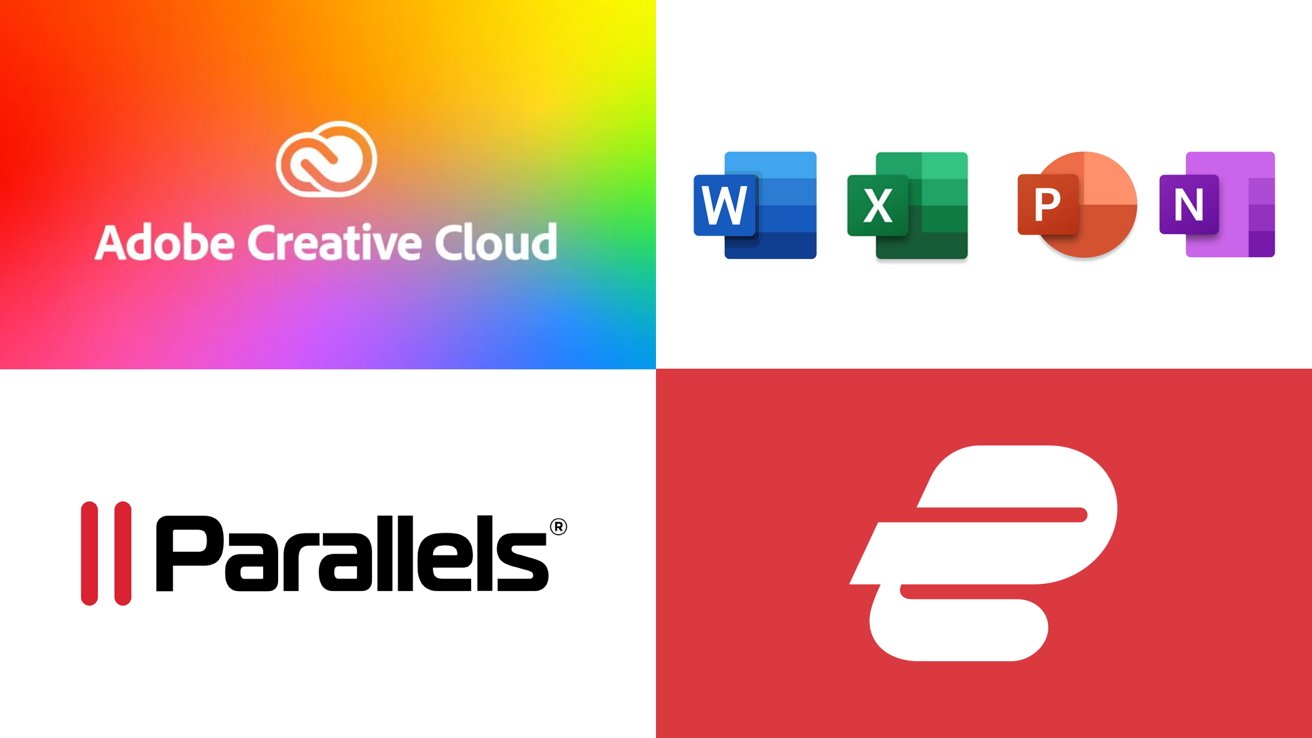Woo requests are not a legal issue, but a data issue. That is Robert Nat’s belief. He is a data specialist at the province of Groningen and developed a data-driven approach for Woo requests. ‘You relieve the employee of all worries and the software allows you to be much more transparent and put the submitter in charge of handling his own Woo request.’ Civil servants must get used to the major role of technology. ‘But they quickly think along with you,’ says Carel Martens, advisor at Reveal-ZyLAB.
Robert Nat can tell visually about the sentiments that the province of Groningen had about Woo requests. ‘Previously, when I entered a department as a data specialist, the officials would fly in all directions, the room would be so empty. If only they didn’t have to deal with Woo requests. Understandable, because without legal knowledge, without the right digital skills and without good tooling, they had to deal with the question of which documents fall under a Woo request and which grounds for exception then apply.’
Unburdening
No one has been running away from the provincial government building for a few years now. Robert relieves the employees of Woo requests. ‘They then show me where the documents are. If there are many emails involved, I will, with permission, search the entire mailbox for keywords. I ensure that the painting process is automated and we discuss the sensitivities.’ Robert also carries out the objection procedure and draws up the decision. To the satisfaction of the civil servants. ‘I haven’t met anyone who still wants to do it themselves. Above all, they wish me luck,’ he laughs.
The resistance to Woo requests is often also noticeable in the first contact between lawyer and submitter, Robert knows: ‘The lawyer sends a letter asking for more precision in the request. The submitter must respond in a timely manner, otherwise the lawyer will not process the request. Etcetera, etcetera. That contact could be more pleasant.’
Sentiments
It can certainly be more pleasant with a data-driven approach that keeps sentiments at bay, Robert thinks. ‘For me, a Woo request is primarily a data issue. For me, being able to find information is purely dependent on keywords and the available metadata. With the Reveal-ZyLAB software I retrieve an initial selection of documents and feed those numbers back to the submitter. In this way I immediately send the signal that the province is taking the request seriously. My question to the submitter is whether he really wants these often thousands of documents. This way you get him thinking. Submitters often say they want to have everything, with a certain distrust from the past and because they do not know what is there. Now you can use the software to show everything and guide applicants through the choices to be made.’
But where does that leave the lawyer in the process? ‘When handling a Woo request, far fewer legal assessments are required than you think,’ says Carel Martens, advisor at Reveal-ZyLAB: ‘If you look at the law, you also see that it concerns data that is held by governing bodies. Provide that data, process it according to the request, perhaps look at grounds for exception and, above all, let the software do the work. The human being, the lawyer, can step in much later. In less time and less work.’
Transparency
With the first ‘catch’, the submitter, Robert and, if necessary, an expert from Reveal-ZyLAB will jointly make the next search, possibly in an online meeting. The submitter can then indicate keywords themselves and the numbers of documents will be displayed very quickly. ‘Very transparent and you put the submitter in charge of his own Woo request. Is he still missing something? Then we keep going until we’re done,’ says Robert. According to him, the approach produces far fewer objections and appeals. ‘And submitters often make choices that lead to far fewer documents than you initially found.’
Carel sees that the lead times are much shorter with the Groningen method. The process is also simpler and requires far fewer people. ‘It does take some getting used to the technology, which is essential. We work Woo-question driven. The information management and archives are process-driven. These people also want to know what exactly the software does. We notice that after some explanation there is quick support, especially from lawyers. And then they also think along with you. Once the process is in place, employees adopt it well.’
Want to know more?
Then take part in our Woo-workshop on November 28, 2024 in Amsterdam.
Want to get started right away?
Download here onze whitepaper: 5 steps to better Woo handling.










